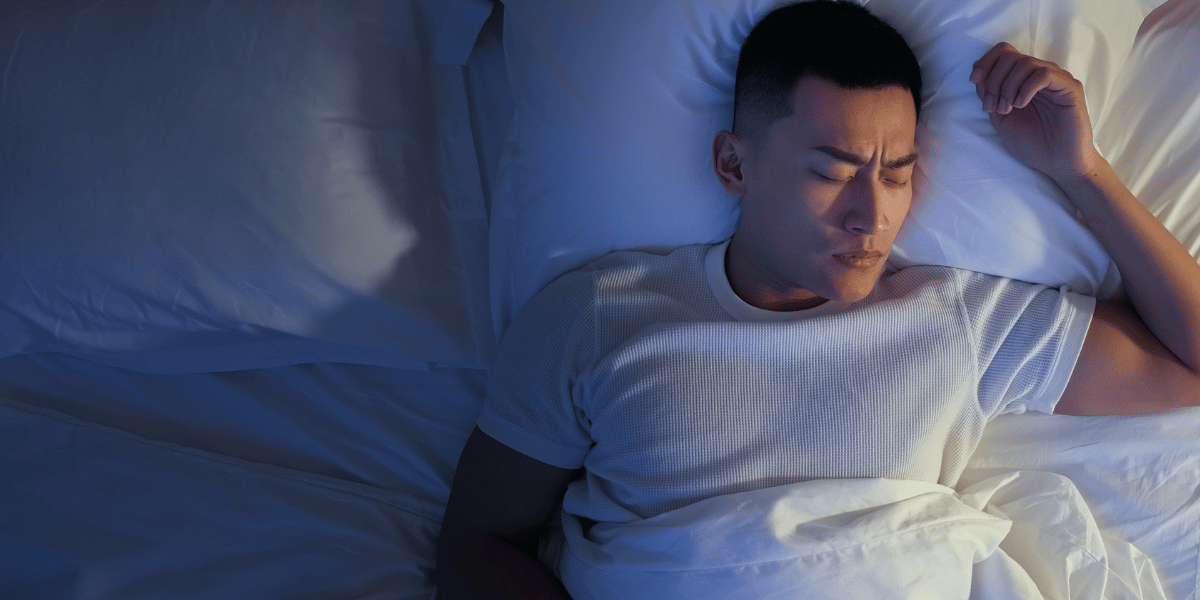The 5 Top Reasons You’re Struggling to Sleep
Not getting a good night’s sleep? You’re not alone. Over 40 million Americans struggle with chronic sleep disorders, and a restless night’s sleep has...
.png?width=70&height=70&name=Stark_LogoMark%20(1).png)

A good night’s sleep has become a precious commodity in today's world. More so, the quality of that slumber, particularly deep sleep, has significant implications for your health - which is why sleep is one of our 10 spokes on the Wheel of Health. With the advent of wearable technology, many of us have turned to gadgets that monitor our sleep patterns, but what use is data if we don’t understand its significance?
Deep sleep, often referred to as slow-wave sleep, is the most restorative phase of the nightly sleep cycle. It's during this time that your brains wave goodbye to the day's activities and your body focuses on healing and rejuvenation. However, factors ranging from stress to your sleeping environment dramatically influence your ability to reach this critical phase.
When you drift off to sleep, you begin cycling through various stages, with deep sleep being one of them. This phase is characterized by slow, delta brain waves, decreased heart rates, and loose, relaxed muscles. It’s a time when memory consolidation occurs, and the body focuses on recovery and growth, thanks to the release of essential hormones.
Numerous elements can impact the quantity and quality of deep sleep you experience each night. Lifestyle choices such as caffeine intake and exercise habits play a role, as do environmental factors like the comfort of our sleeping area. Health conditions, including sleep disorders, can also be significant disruptors.
The benefits of deep sleep extends beyond feeling well-rested. Research indicates that adequate deep sleep can improve cognitive function, support immune health, and even aid in weight management. Most adults should aim for at least 1 to 2 hours of deep sleep per night to reap these health benefits fully.
Fortunately, there are actionable steps you can take to encourage deeper, more restorative sleep:
Deep sleep plays a pivotal role in your overall health (sleep, stress & recovery), affecting everything from mental acuity to immune system strength. By understanding its functions and the factors that influence it, you can take proactive steps to enhance your sleep quality. Prioritizing deep sleep is not just about avoiding grogginess - it’s about giving your body the profound rest it needs to thrive.
Whether you're a fitness enthusiast tracking your sleep metrics or looking for a solution to end the daily morning grogginess, remember, the ultimate goal is not just more sleep, but better sleep. With the right habits and environment, you can unlock the restorative power of deep sleep and wake up to a healthier, happier you.

Not getting a good night’s sleep? You’re not alone. Over 40 million Americans struggle with chronic sleep disorders, and a restless night’s sleep has...

Exercising after work or at night is a practical option for many, especially busy professionals. However, it can sometimes lead to restless nights...

Have you ever felt like no matter how long you sleep, it's never enough? Or found yourself dozing off during important meetings? If so, you might be...